Data Classification Can Make or Break Data Governance
Dataversity
NOVEMBER 16, 2022
The news these days is full of massive fines levied against companies that failed to protect their customer data. An effective data classification approach is one of the best ways to ensure that companies can identify and protect their most valuable data. Our experience continues to […].


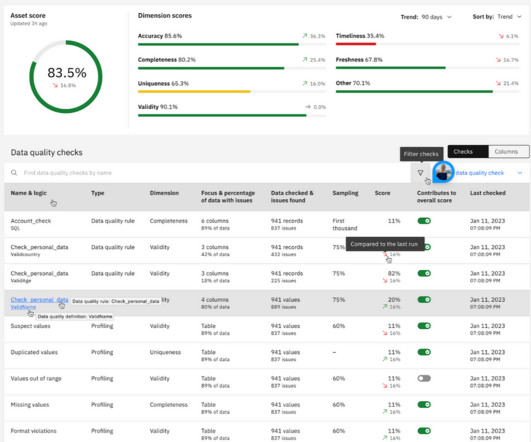




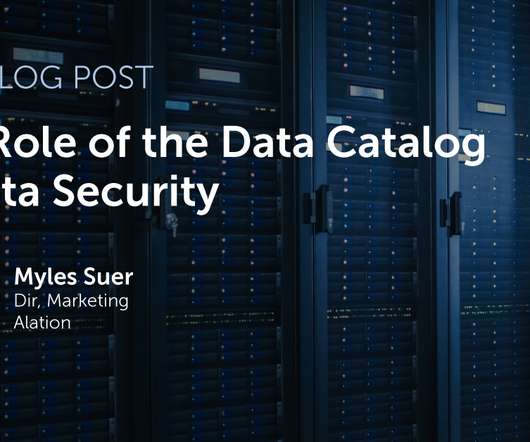

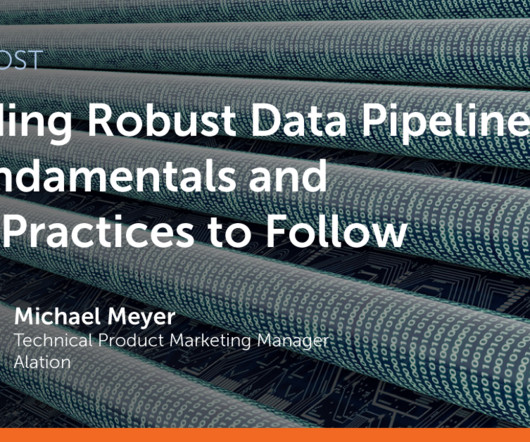


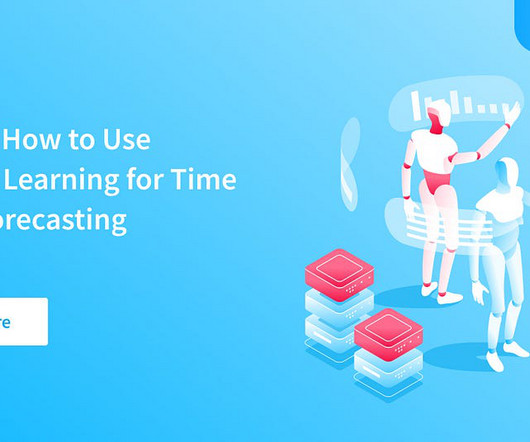
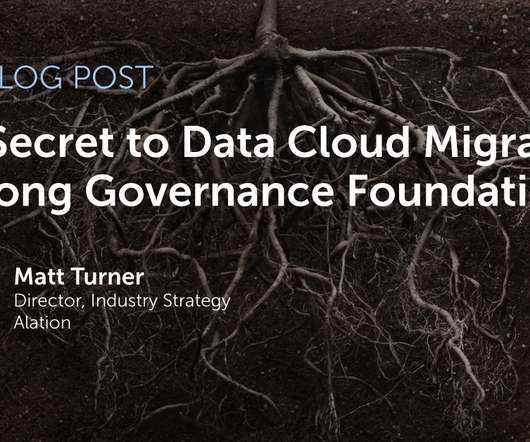
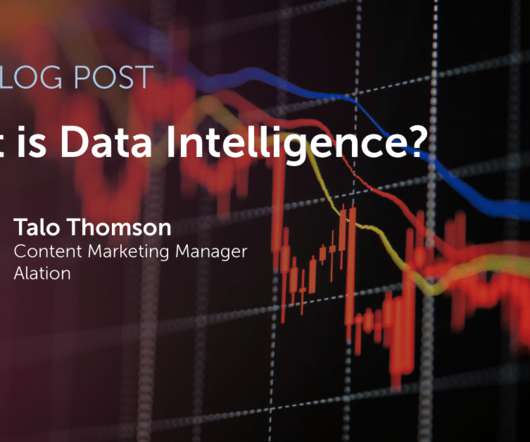






Let's personalize your content